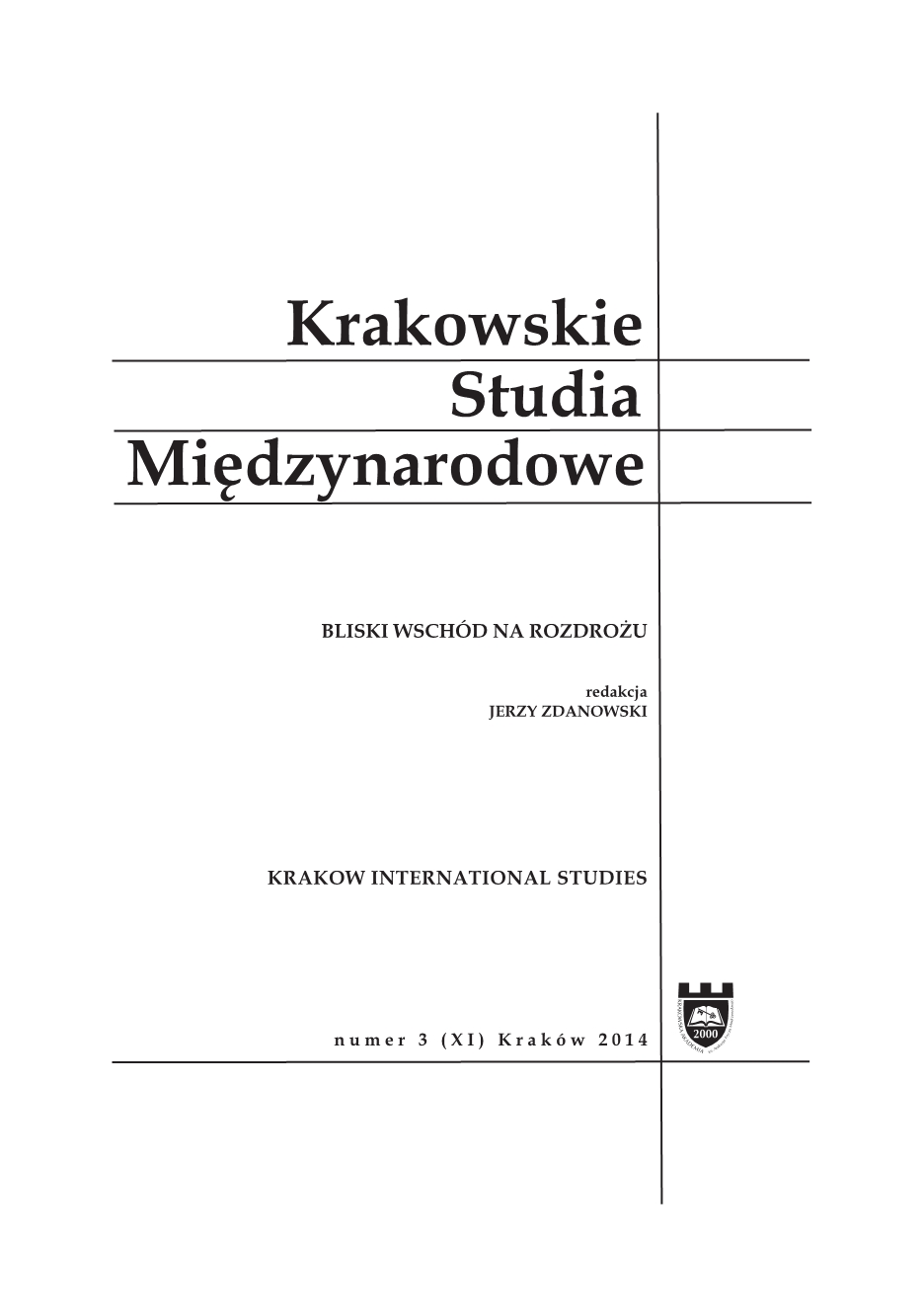
We kindly inform you that, as long as the subject affiliation of our 300.000+ articles is in progress, you might get unsufficient or no results on your third level or second level search. In this case, please broaden your search criteria.


In a 2019 New York Times article, Paul Krugman declared himself a “crypto skeptic” and shared his pessimistic predictions for cryptocurrencies. Nevertheless, unbacked cryptomoney is now very important in our societies and has revolutionized the monetary and financial landscape as exemplified by the increased pressure from competent regulators to monitor and regulate it. Cryptocurrencies are described by their high volatility that permits regulators to define them as non-safe financial assets when it comes to energy consumption. The anonymous property of cryptocurrencies opens the door to tax evasion, making it especially susceptible to avoiding environment-related taxes aimed at tackling negative impact of climate change. Against this background, the paper sets a twofold aim: to demonstrate that unbacked cryptomoney is volatile and it may pose a threat to financial and fiscal stability; and to develop the idea that, given their different degrees of anonymity and their decentralisation nature, cryptocurrencies could actively participate in the process of tax evasion and therefore incur high costs for countries. Given the general ecological condition and ensuing concerns, it is clear that avoiding eco-taxes represents a serious issue since money from eco-taxation could have been invested in environmental social and governance projects. Therefore, a clear and compelling legal framework should be implemented worldwide to reduce the tax evasion phenomena via cryptomoney channels.
More...
This article explores how the principles established in the Treaty of Westphalia continue to shape contemporary geopolitics, particularly in the context of the EU’s efforts to maintain stability in its eastern neighbours. Focusing on the volatile relationship between Russia and Ukraine in the 1998-2021 period, this article aims at analysing the complex dynamics between the Westphalian concept of international order, the EU and the Russian-Ukrainian conflict, shedding light on the complexities of contemporary European geopolitics. Ensuing from the research goal is the threefold research focus: 1/ Assessment of the influence of the Westphalian principles on modern European geopolitics; 2/ Assessment of EU efforts and policies to mediate conflicts and promote dialogue between Russia and Ukraine; 3/ Identification of challenges and opportunities faced by the EU in its aspirations to promote peace, stability and democracy in the region. The study puts forth the hypothesis that while the Westphalian concept of state sovereignty continues to influence international relations, the supranational model of the EU offers a unique approach to managing conflicts and promoting cooperation between European nations. By early 2022, the EU, through its diplomatic initiatives, legal mechanisms and integration efforts, is said to play a central role in mediating Russian-Ukrainian tensions and promoting the principles of peace and democracy in Eastern Europe. Methodologically, the study builds upon a comparative approach to analyse the historical context, political frameworks and diplomatic commitments related to the role of the EU in Russian-Ukrainian relations.
More...
This paper has as its reference point the issue of corruption in Ukraine, which has recently once again become the subject of attention due to reports that it may be an important factor when it comes to the recalcitrance of some of Ukraine’s Western partners and allies with regard to offering military support for the country’s war effort against Russia. The main objective is to demonstrate how the West’s tendency to overstress this problem, for which the paper offers proof, that could manifest itself in it applying undue pressure on the Ukrainian authorities, entails risks and may have a number of undesirable repercussions due to 1) providing fuel to Russian disinformation campaigns and negatively affecting the perceptions of Ukraine among Western citizens, 2) hampering the Ukrainian military campaign and its appraisal abroad, 3) indirectly contributing to changing the nature of Ukrainian nationalism by making it more exclusionary.
More...
In view of the annexation of Crimea by the Russian Federation and the provocation of the conflict in Donbas in 2014, the EU adopted and implemented Council Regulation (EU) No 833/2014 of 31 July 2014 in reaction to Russia’s measures undermining Ukraine’s territorial integrity as well as the sovereignty and independence of the country. This period is characterized by erosion of bilateral trade and economic relations between the EU and Russia. After the beginning of Russia’s war against Ukraine in February 2022, the European Union adopted a new series of economic and financial sanctions towards Russia: restrictions on trade; a SWIFT ban for certain Russian banks; restrictions on Russia’s access to the EU’s capital and financial markets and services; a ban on transactions with the Russian Central Bank and others. In the autumn of 2022 the conflict further escalated with the so-called “partial mobilization” in Russia and the further unlawful referenda for annexation of Ukrainian territories. Two years later (February 2024), the war is still raging and the European Union continues its policy of adopting new packages of sanctions against Russia. The aim of this paper is to analyze the effects of these sanctions on the Russian Federation as well as the implications of the contra-measures from the Russian Federation towards the European Union.
More...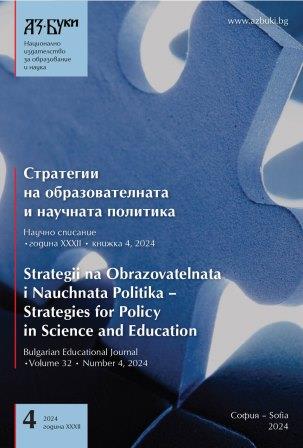
The specific force characteristics of state power structures play a major role when shaping the political and economic dynamics. They influence the processes of decision-making and they definitively define the distribution of public resources in each and every country or a group of formally united states.In this article, we will try to analyze how and in what way should be applied educational strategies for studying the complex interplay between the dynamic characteristics of the force structures of power, paying special attention to their formal and informal mechanisms of influence from different perspectives. Through analysis and subsequent synthesis of known theoretical frameworks, and based on empirical research, we will define a complex understanding of how power manifests itself both on the basis of formal organizational hierarchies and through contemporary informal social networks.The suggested research framework is based on the methodology of change, which is “enlightened” through the so-called architectural approach. This approach is applied inclusively in the complex and intricate dynamics of educational strategies, promoting its more equitable distribution of the power functions in the hierarchies of society as a whole and defining wider frameworks for coercive influence, through modern information and communication technologies.
More...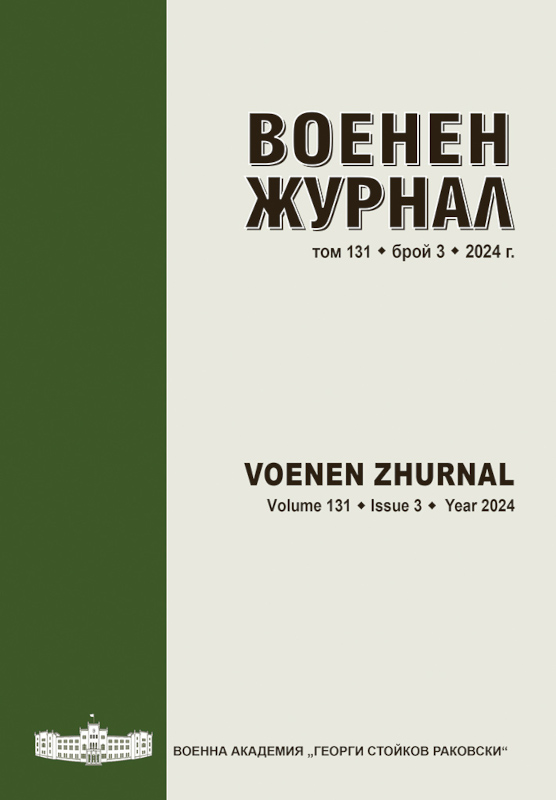
The article presents some basic political characteristics of China in the XXI Century. One of the main approaches of the analysis is to present China’s political influence in the modern era in the context of its the economic power. The conclusion summarizes China’s strategic ambitions for the transformation of the two main systems in the world – in the sphere of security and the global economy.
More...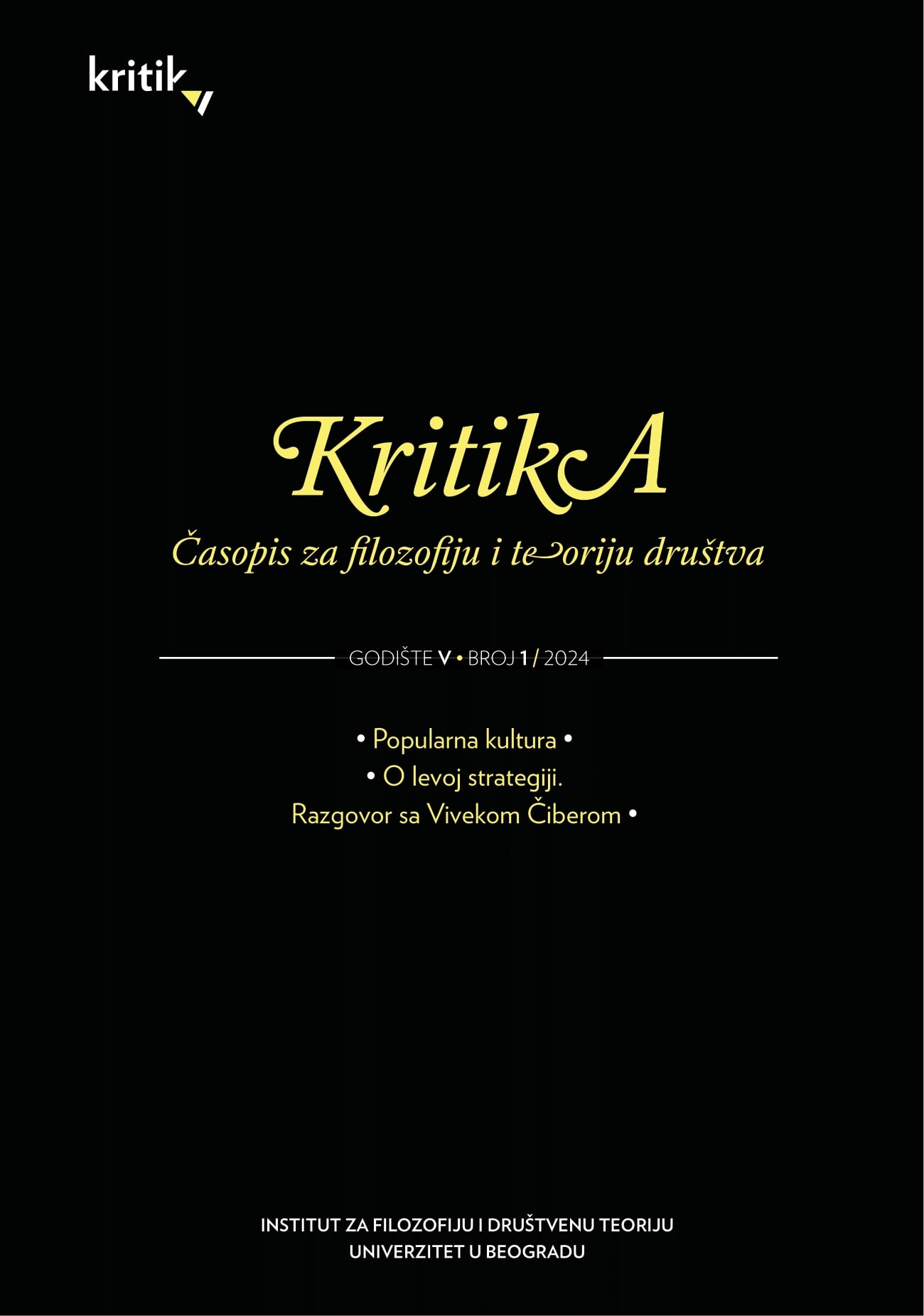
Review of: Ivan Čolović: Na putu u srpski svet, Biblioteka XX vek, Beograd, 2023.
More...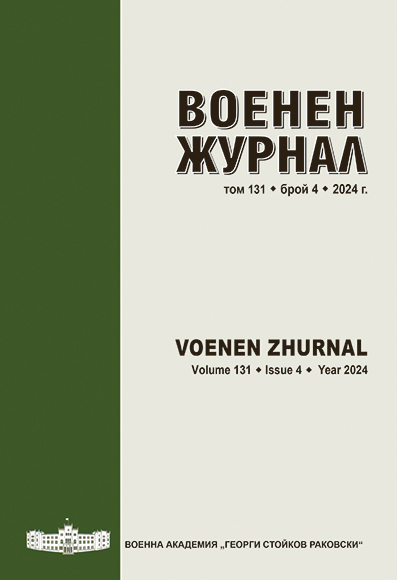
As a part of Europe and in perspective – also a part of the EU, SEE is inevitably linked to multilayered and multidirectional processes – in the Union and in the region. The key question, which has a new significance and new dimensions in the context of the war in Ukraine, is – which direction will SEE countries take – backwards towards nationalism or forward looking towards effective integration into a community based on supranational and commonly accepted rules? Towards mutually beneficial regional exchanges and the completion of regional identity with a serious effect on the European and Euro-Atlantic perspective of the region and the enhancement of citizens’ wellbeing. Or towards remaining on the periphery of Europe as an object of multi-directional, conflicting aspirations and belligerent confrontation. The role of Bulgaria is also outlined, and some guidelines for the intensification of its positions in terms of bilateral and multilateral regional cooperation are proposed.
More...
The article presents some basic military characteristics of China in the XXI century. This analysis outlines China’s military characteristics in the context of strategic rivalry with the United States of America. The conclusion summarizes China’s military capabilities, through which the Chinese political system demonstrates geopolitical superiority with the ambitions for global influence.
More...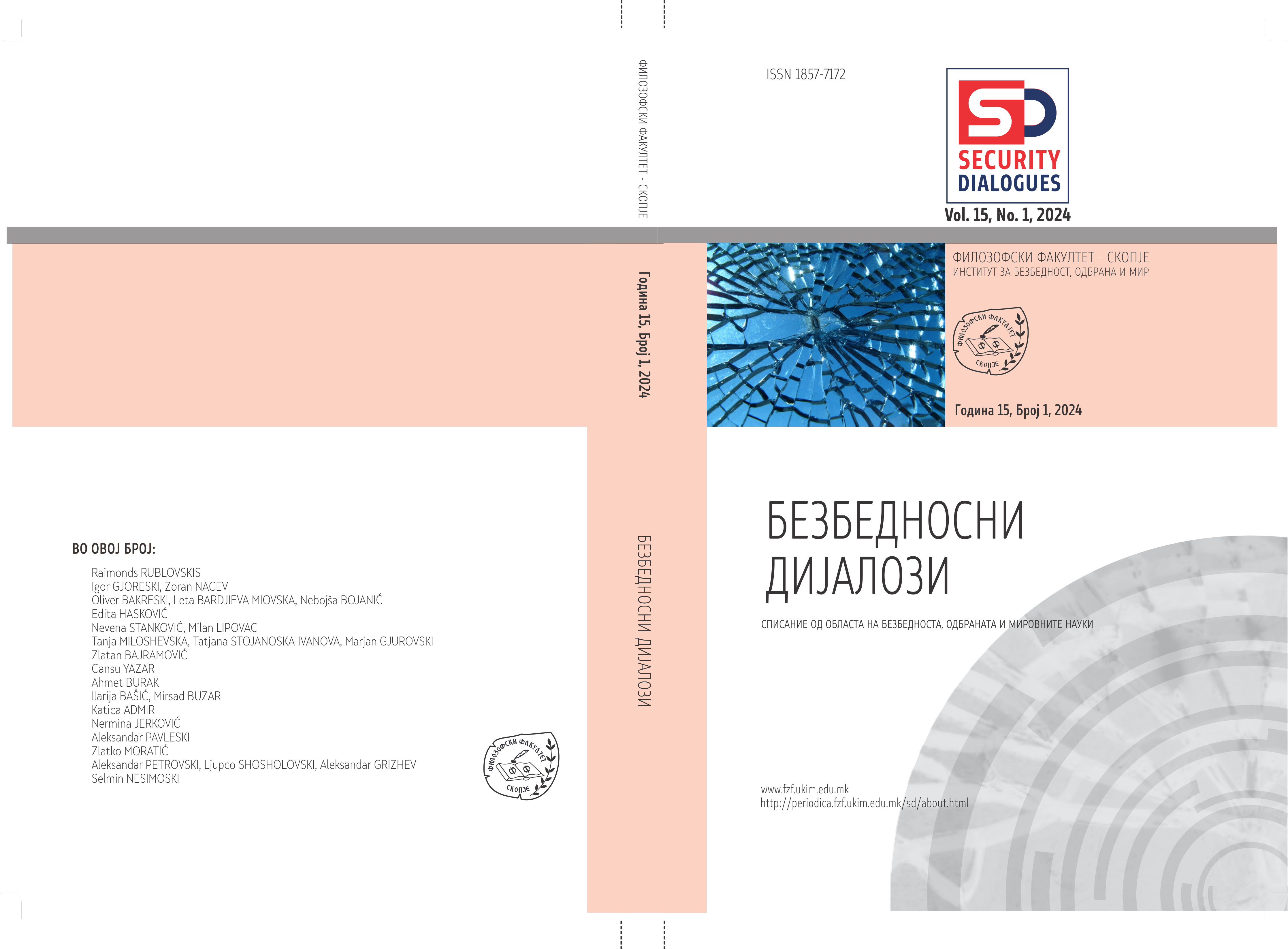
This paper seeks to improve understanding of the risks and types of sexualand gender-based violence faced by migrants, as well as ways of providing protection and assistance within the mixed migration context in Bosnia and Herzegovina. The Center for Disease Control and Prevention states that over half of women and almost 1 in 3 men worldwide have experienced sexual violence involving physical contact during their life times. Even though the prevalence of sexual violence is high, its exact scope is unknown due to its vast underreporting. Sexual violence against people on the move is widespread. Regardless of age and gender, this population is highly vulnerable to becoming victims of sexual and gender-based violence during their journey toward the desired destination. How the proper activities aimed to prevent and treat the consequences of sexual and gender-based violence in the humanitarian context are set up in Bosnia and Herzegovina and what kind of services are provided to victims will be discussed within the paper. How important the role of humanitarian workers is, their understanding of sexual and gender-based violence, and their readiness to provide adequate care, recognize the types of sexual violence, and use all the benefits of the existing referral pathway properly will also be broadly explored.
More...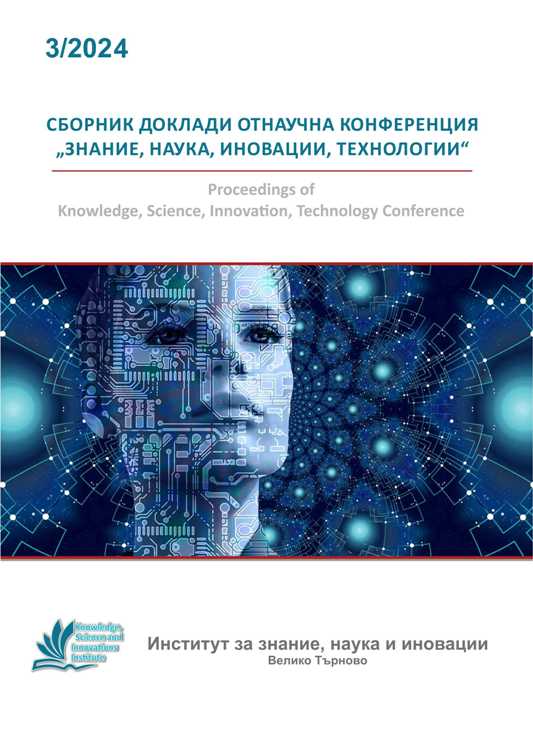
The report examines the National Recovery and Resilience Plan of the Republic of Bulgaria, as a package of measures which, through a wide range of grants and loans, aims to support the recovery from the COVID-19 pandemic and encourage investments leading to a greener digital economy as at the national and regional level, including and Veliko Tarnovo region. The object of analysis are the funds attracted in the region, which prove the effectiveness of the investments and lead to sustainable economic development, turning the regions into an increasingly preferred place to live and work.
More...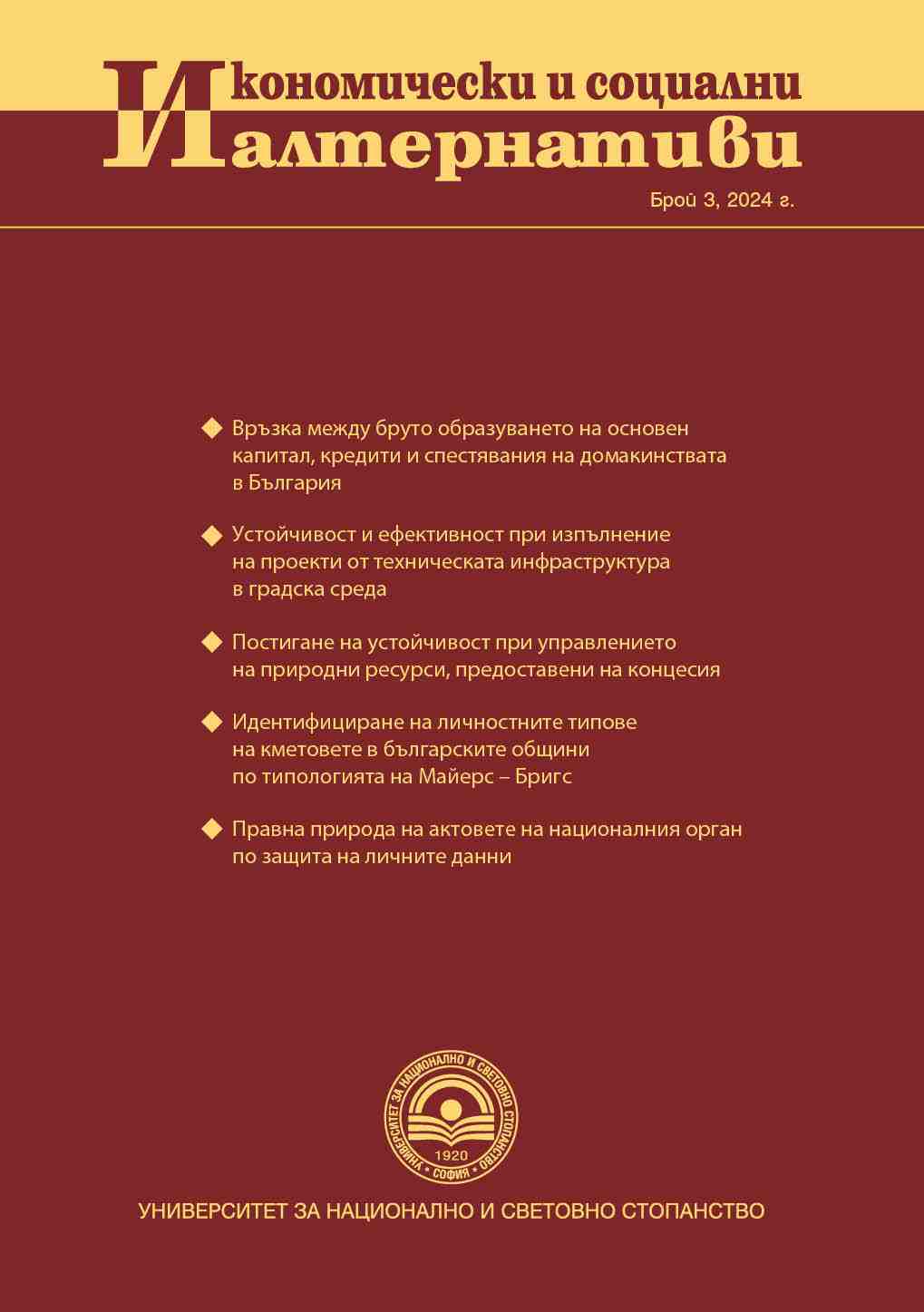
The goal of this article is to analyze the impact of household savings and household loans on gross fixed capital formation in Bulgaria. The research is carried out on the basis of quarterly data for the 2010-2023 period. The sources of the data are the National Statistical Institute (NSI) and the Bulgarian National Bank (BNB). The algorithm of the empirical research includes: checking for stationarity by means of the extended Dickey-Fuller test; determining the optimal lag of the model; Johansen cointegration test; specification of vector error correction model (VECM). As a result of the research, it has been established that there is a long-term relationship between the variables gross fixed capital formation, household savings and household loans. At the same time, about 39.2% of the disequilibrium between the studied variables in a certain quarter is compensated in the next one.
More...
The article examines the structure and results of the activities of enterprises from the raw materials and materials recycling sector in Bulgaria by subsectors from the National Classifier of Economic Activities (NCEA 2008). The article examines the structure of the recycling industry sector of the national economy with enterprises and resp. the results achieved by them in each of the directions – waste collection, waste recycling and waste disposal. The research interest and choice of this sector of the national economy is not accidental. It is provoked by its importance for building a circular economy, the fight against climate change and the concept of secondary utilization of the exhaustible resources of our planet. The purpose of the article is to make a comparison and outline the directions of development of the enterprises from the recycling industry in Bulgaria in comparison with the general economic development of the country in recent years. Statistical data for the enterprises from the recycling industry were used in relation to selected economic indicators – turnover, value of long-term tangible assets, value of short-term tangible assets, employed personnel, investments made, etc. At the national macro level, and as a basis for comparison, the main macroeconomic indicators are observed – gross domestic product, gross domestic product per capita and foreign direct investments. By using the methods of comparison, retrospective analysis, technical analysis, etc. principles and regularities in the economic development of the sector and its importance for the general economic development of the country have been identified.
More...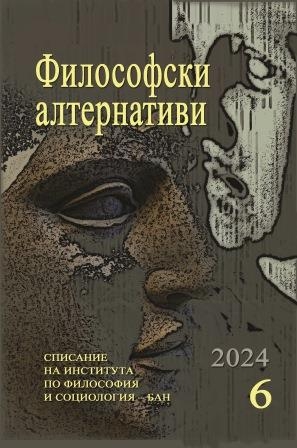
The article presents the results of a pilot empirical study focused on the applicability in contemporary Bulgaria of William Benet’s polarities of democracy theory at organizations level. The pilot study compares three typologically different organizations – secondary schools, non-profit organizations and companies in the digital services sector. The results of the approbation of the approach of leverage of polar democratic values reveal that today in our country there are huge shortages of democratic practices introduced at organizations level. At the same time, the participants in the study simultaneously express: 1) a desire for more democratization of internal organizational life and 2) skepticism about the effectiveness and efficiency of democratic approaches to the management of the organizations they belong to. The paper provides arguments in support of the thesis that the “leverage of democracy values” approach is extremely relevant to the democratic development of the studied organizations, but that Benet’s five pairs of democratic values are rather not recognized in the current Bulgarian socio-cultural context as relevant value poles, between which organizations oscillate constantly. The pilot survey comes to the conclusion that not so much the “conscious leverage of value poles”, but rather the empowerment of the members of the studied institutions, the competitive environment and the establishment of a system of mutual control and power balance are prerequisites for democratization of the typologically different organizations included in the research.
More...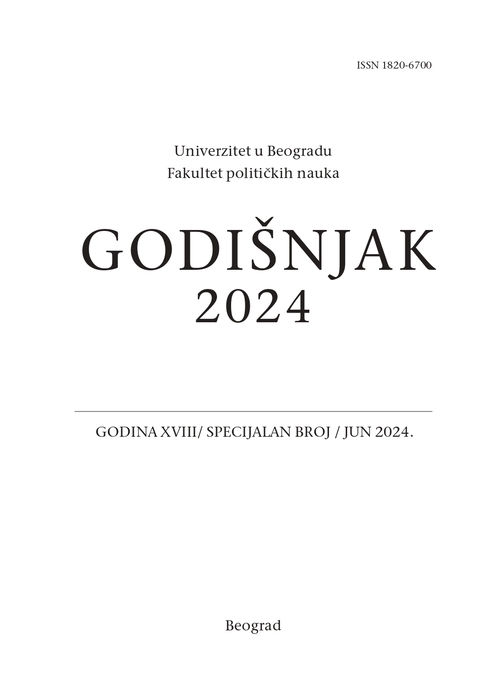
The refugee crisis, which began with the war conflicts between the Russian Federation and Ukraine in February 2022, is one of a series of humanitarian crises that have affected the area of Europe in the last few years, with the consequence of causing social insecurity for many people across Europe. The member states of the European Union had to adapt to the new circumstances in a short period of time. The key research question of the paper is: what the specifics of the current refugee crisis for national social policies are and how did key destination countries respond to the crisis, with a special focus on labor market policy measures and outcomes. The paper analyses the integration programs of refugees from Ukraine, using the institutional approach, content analysis and comparative method. The management of the current crisis, under the auspices of the EU, has been significantly improved compared to the migration crisis management model from 2015. On the other hand, in the observed countries of destination, the biggest challenges were recorded in adapting the active labour market policies to the specifics of the last crisis, which should enable a longer-term social and economic integration of refugees.
More...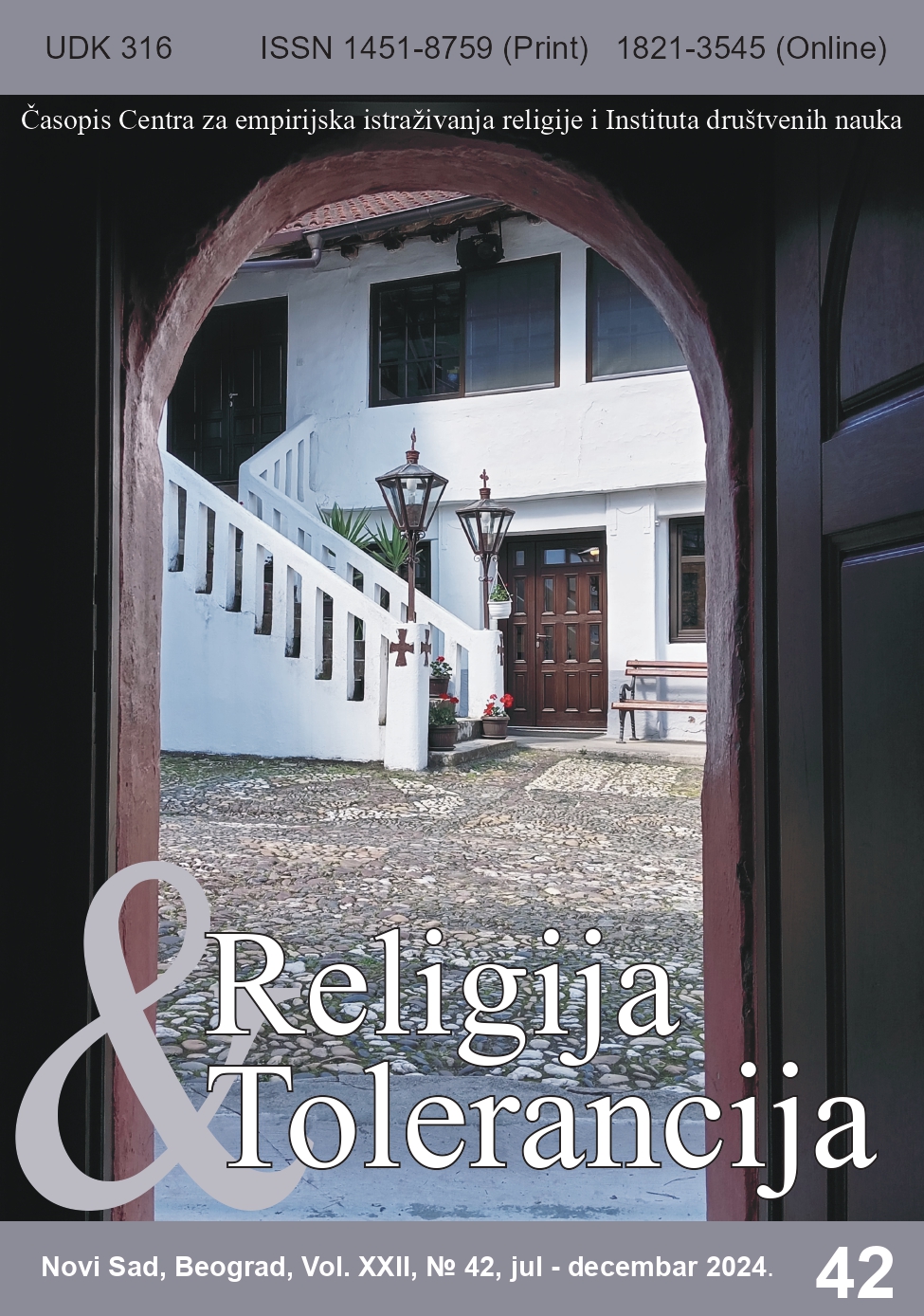
The text discusses the role of religion in the Bosnian conflict, based on data on attitudes and behaviour in Bosnia and Herzegovina, collected by a survey undertaken in 1999. To what extent did religion – understood as individual religiosity – actually shape people’s attitudes towards the conflict? Are religious people more prone to nationalism and xenophobia than others? Analyses of cross tables were ambiguous; there was no linear effect of religiosity on attitudes to the war or the future of Bosnia. Using structural equation modelling (SEM) it was assumed that religion and nationalism, understood as multidimensional concepts (second-order factor structures), cause xenophobia. It turned out that, while there was a correlation between nationalism and religion, only nationalism, not religion, was directly affecting xenophobia. The basic features of the model, both causal relations and dimensions of religion and nationalism were found among the three major ethnic communities in Bosnia.
More...
Bosnia and Herzegovina, as a post-conflict society, where the constitution guarantees the equality of the three constituent peoples and the three most widespread religions - Islam, Orthodox Christianity and Roman Catholicism, is faced with difficulties in achieving productive and meaningful inter-religious dialogue. Since Bosnia and Herzegovina is a country whose people have three different interpretations of historical events and three opposed conceptions for the future of the common state, its society is characterized by a high degree of polarization. The unacceptably high degree of ethnic distance, present several decades after the end of the conflict, can be partly explained by the phenomenon of self-victimization, abundantly used by all nations, their political leaders and often religious actors. The harmfulness of the self-victimizing discourse is reflected in the impossibility to set aside prejudices and stereotypes towards the religious and ethnic Others and to approach mutual ethnic and religious relations and differences in a rational way that would enable greater functionality and well-being of the society. The expressed tendency towards self-victimizing narrative is to a great extent an obstacle to the inter-religious dialogue, which is essential. The aim of the author is to answer the main research question: “Can the deeply rooted social phenomenon of self-victimization be successfully overcome by strengthening tolerance through inter-religious dialogue?” The research will be based on the main premises of social identity theory. It will implement discourse and content analysis which refers to the statements of political actors on the occasion of the Republika Srpska Day and Bosnia and Herzegovina Independence Day celebrations, as well as to the statements of religious actors that include conceptions of the religious Other.
More...
The presence of names from an ethnic minority or foreign personalities within a country’s public sphere is indicative of respect and appreciation for that population, as well as for the culture, literature, and scientific contributions made by its members. Employing a socio-onomastic perspective, this study explores the occurrences of Polish names in the Romanian public domain, focusing on cultural, scientific, religious, and military figures, among others. Regardless of their birthplace, field of activity, or specific connection to the Romanian people, Polish figures have enriched the broader cultural landscape and are commemorated throughout Romania. This occurs both in regions with significant ethnic minority populations and in areas with isolated instances. Street names, school names, hospitals, public institutions, companies, and non-governmental organizations invoke Polish anthroponyms and urbanonyms.
More...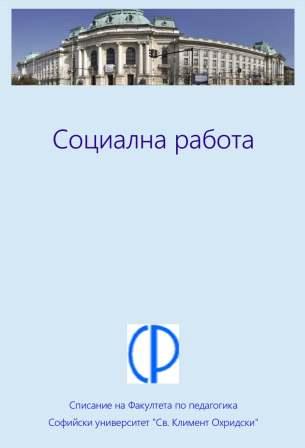
This article presents results of an empirical study on the needs of children in early childhood age (0–7 years), including children with disabilities and their families. The data are used for the purposes of designing a new type of integrated social service for young children and their families. The authors outline the rationale for this idea in the context of the conceptual framework of the study and the conclusions from the desk research of the relevant policy and legal frameworks in Bulgaria. The empirical data and the findings from the desk research have served for drawing conclusions and recommendations for improving the responses to children and their families as part of the early childhood development policies and systems.
More...